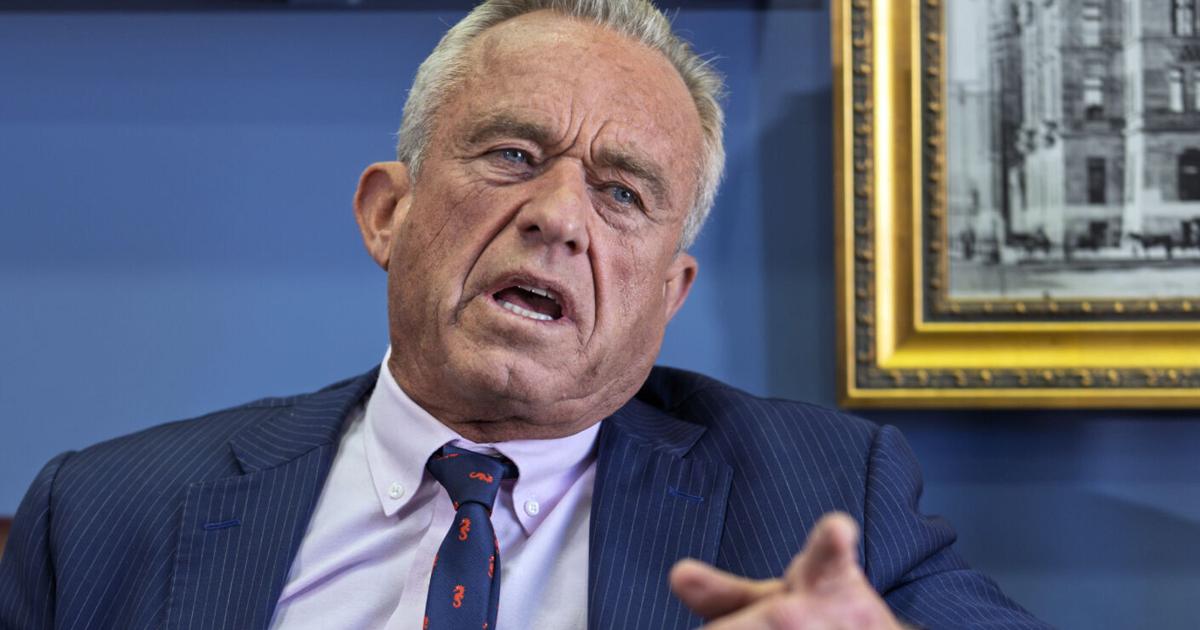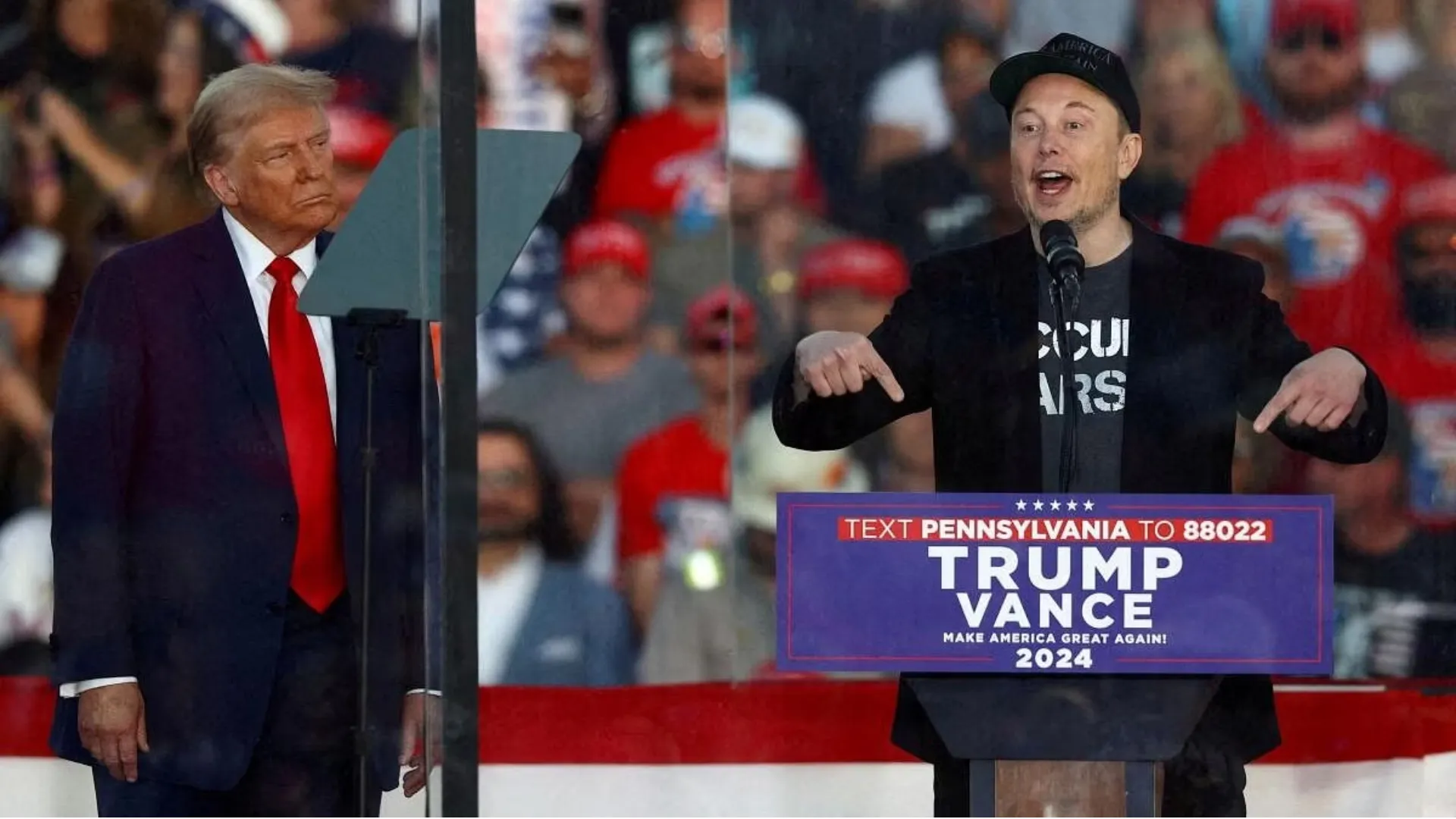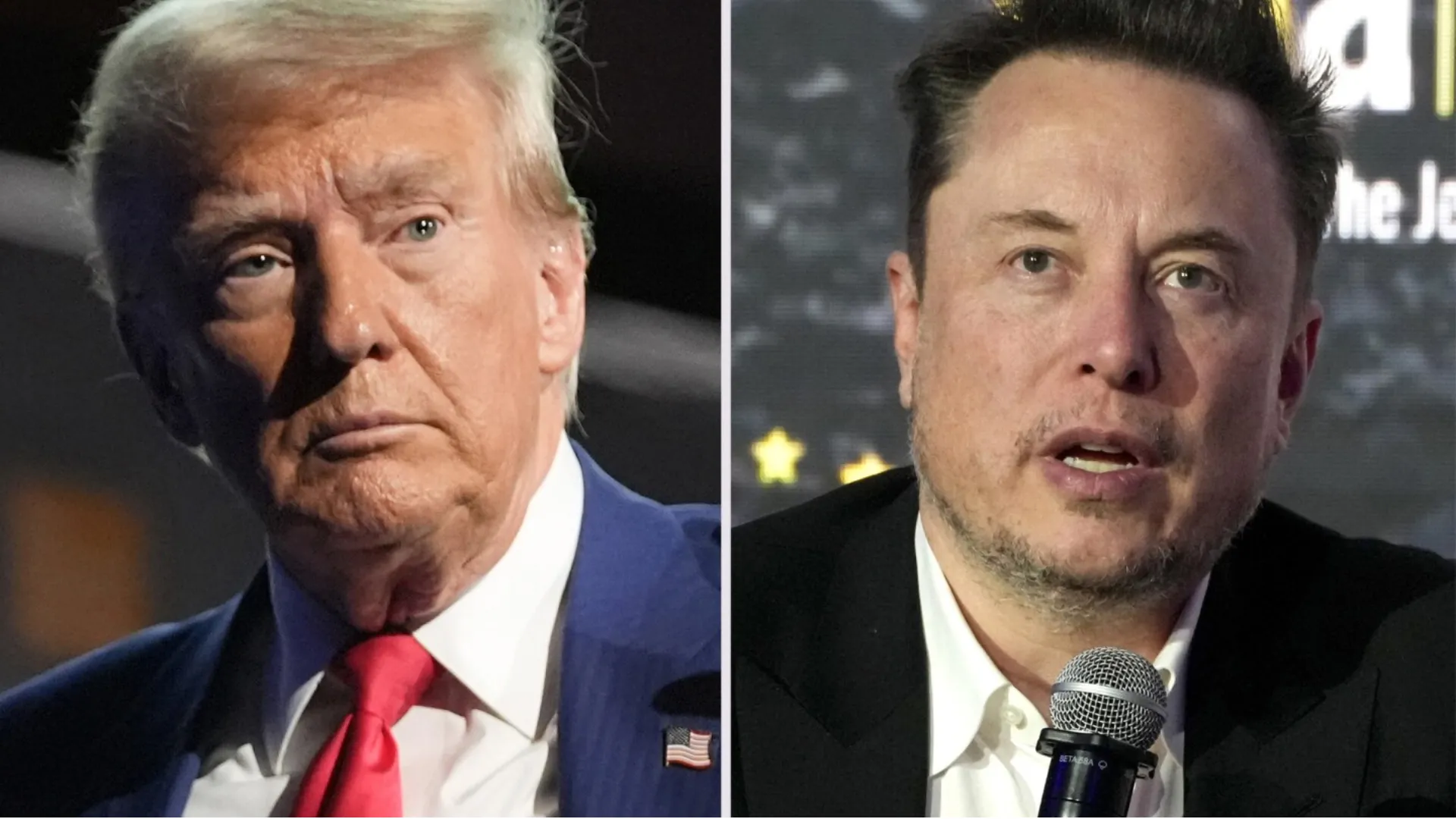
In a sharply worded letter to Health and Human Services Secretary Robert F. Kennedy Jr., a group of five Democratic senators demanded the reinstatement of a shelved Biden-era rule that would have opened the door for Medicare and Medicaid to cover weight-loss medications.
The request, while focused on public health, reflects a deeper struggle over how far the federal government should go in addressing the obesity epidemic — and who should bear the cost.
The senators — Jeff Merkley (Ore.), Amy Klobuchar (Minn.), Cory Booker (N.J.), Ben Ray Luján (N.M.), and Gary Peters (Mich.) — emphasized the urgency of the issue. “The United States faces an indisputable public health crisis,” they wrote.
“More than 38% of U.S. adults aged 60 and older live with obesity. It is a chronic condition that requires medical intervention — not stigma or delay.”
Their plea comes just weeks after the Centers for Medicare and Medicaid Services (CMS) quietly abandoned plans to finalize a rule that would reinterpret existing Medicare law to allow coverage of anti-obesity drugs under Part D, which covers prescription medications.
The proposed change, developed under President Biden’s administration in November, was seen as a workaround to a 2003 law explicitly prohibiting Medicare from paying for weight-loss drugs.
No public explanation was given for the reversal — a silence that has fueled speculation and frustration across public health and political circles. Critics of the move say it reflects ideological interference by the new administration. Supporters say the science — and the politics — are not settled.
Now, the future of obesity treatment coverage in federal health programs hangs in the balance, caught in a tug-of-war between fiscal conservatism, pharmaceutical skepticism, and evolving attitudes toward obesity as a chronic illness deserving of medical care.
Obesity-related conditions — including type 2 diabetes, heart disease, and certain cancers — account for hundreds of billions of dollars in annual health care spending. According to the CDC, the estimated direct medical costs of obesity exceed $173 billion per year.
Many of those costs are absorbed by Medicare and Medicaid, which together cover nearly 135 million Americans.
“From expensive hospital stays to multiple treatments for comorbidities, the math is simple,” Sen. Klobuchar said in a statement accompanying the letter. “Investing in obesity treatment now will save lives and money later.”
But the debate over how to treat obesity — and whether weight-loss medications should be publicly funded — is anything but simple.
The newest class of anti-obesity drugs, known as GLP-1 receptor agonists (such as Ozempic and Wegovy), have been hailed by some as "miracle drugs." These medications work by mimicking a hormone that targets areas of the brain involved in appetite regulation, leading to significant and sustained weight loss in many patients.
In a health policy landscape hungry for innovation, these drugs have captivated clinicians, patients, and investors alike. But they also come with steep price tags — often exceeding $1,000 per month — and have sparked debates about long-term safety, pharmaceutical profits, and access equity.
At the center of the current storm is Robert F. Kennedy Jr., a political maverick whose appointment as Secretary of Health and Human Services earlier this year came as a surprise to many — and as a shock to some.
Kennedy, once known primarily for his environmental activism and skepticism of pharmaceutical influence, has had a complicated relationship with GLP-1 drugs. In confirmation hearings, he called them “potentially miraculous,” especially for people suffering from diabetes-related obesity. But in other forums, he has expressed deep reservations about what he sees as the pharmaceutical industry’s outsized role in promoting the drugs.
In a podcast appearance last year, Kennedy questioned whether GLP-1 drugs were “being pushed on Americans too aggressively” and suggested that “foreign companies and investors are making billions off of our population’s health crises.”
Such remarks have not gone unnoticed.

“His statements on GLP-1 drugs have been inconsistent at best,” said Dr. Anita Reynolds, a public health policy expert at Johns Hopkins. “That makes it difficult to tell whether his opposition to finalizing the rule is about evidence, ideology, or something else entirely.”
During his confirmation hearings, Kennedy did appear to acknowledge the drugs’ benefits. “These are not lifestyle enhancers. For many, they’re lifesaving interventions,” he said at the time.
But his more recent silence following CMS’s decision to kill the rule has fueled criticism from those who once considered him a potential ally in the fight against obesity stigma.
“He expressed support. Now he needs to show it,” said Sen. Booker during a Capitol Hill press scrum. “This isn’t about politics. It’s about people’s lives.”
At the heart of the issue lies a quirk of legislative history.
In 2003, when Congress created Medicare Part D to cover prescription drugs, it included language explicitly barring coverage for medications “used for weight loss.” At the time, weight-loss drugs were widely seen as cosmetic or lifestyle treatments — a perception that has only recently begun to change in the medical community.
“Obesity is now recognized by the AMA and most major medical organizations as a disease,” said Dr. Laura Bennington, an endocrinologist specializing in obesity treatment. “It’s not about willpower. It’s about complex metabolic processes. And we finally have medications that can address those.”
But changing the law has proven difficult. Multiple bipartisan bills aimed at lifting the 2003 prohibition — including the Treat and Reduce Obesity Act — have stalled in Congress, caught in the churn of partisan gridlock and concerns over cost.
That’s why the Biden administration pursued a regulatory route. By reinterpreting existing statutes, it hoped to bypass the need for congressional action and allow coverage under specific conditions — such as treatment for obesity with documented complications like diabetes or hypertension.
“Even a narrow approval would have changed lives,” said Dr. Bennington.
But that rule has now been buried, with CMS offering no timeline for reconsideration and no justification for its withdrawal.
While advocates argue that treating obesity medically is both just and fiscally wise, not everyone agrees with the framing — or the solution.
Matt Taylor, a health care policy advisor for the conservative think tank American Accountability Project, argues that the widespread coverage of weight-loss drugs would mark “a dangerous step toward medicalizing poor lifestyle choices.”
“There’s a difference between helping patients and absolving responsibility,” Taylor said. “We’re talking about spending billions of taxpayer dollars on drugs that may only offer marginal long-term benefit unless paired with major lifestyle change.”
This perspective, say experts, reflects lingering cultural stigma around obesity — a stigma that can shape everything from legislation to coverage decisions.
“There is still an undercurrent of moral judgment in how we talk about obesity,” said Dr. Reynolds. “That’s why this fight isn’t just medical. It’s cultural.”
The GLP-1 drugs themselves are not without critics in the medical community. Some studies have raised concerns about side effects, long-term adherence, and risks of overprescription. Others argue that the growing demand for these drugs — fueled by aggressive marketing — could outstrip supply and inflate prices even further.
“We need to ensure equity, not create another health disparity where only the wealthy can afford to lose weight,” said Sen. Luján.
The senators’ letter places Kennedy at a crossroads: finalize the rule and face backlash from cost-conscious lawmakers and ideological skeptics, or continue to withhold coverage and risk alienating health advocates and millions of patients.
Sources inside HHS say no final decision has been made. “Everything is still on the table,” one senior official said anonymously. “But there’s pressure from all sides.”
That pressure is unlikely to ease. In recent weeks, major health advocacy groups — including the Obesity Action Coalition and the American Heart Association — have ramped up lobbying efforts. Petition campaigns are circulating online. Physicians are writing op-eds.
:max_bytes(150000):strip_icc():focal(749x0:751x2)/robert-kennedy-jr-confirmation-hearing-tout-012925-a3e637ee7f464251b7d4cae7f04aa2be.jpg)
Meanwhile, patients like 66-year-old Patricia James of Missouri are caught in limbo. Diagnosed with type 2 diabetes and severe obesity, James was prescribed Wegovy last year and experienced a 60-pound weight loss that dramatically improved her blood sugar and mobility. When her employer switched insurance providers, coverage was denied.
“I can’t afford $1,400 a month,” she said. “And I don’t want to go back to where I was. It felt like I had my life back.”
Her story echoes thousands of others — and adds fuel to a debate that shows no sign of fading.
As the U.S. faces an aging population with rising rates of obesity-related conditions, the question of how — and whether — to fund medical weight-loss treatments will become increasingly urgent.
“This is not a fringe issue,” said Dr. Reynolds. “It’s a national issue. And how we handle it will reveal a lot about who we are — and what kind of health care system we really want.”
For now, all eyes are on Robert F. Kennedy Jr. — and the answer he’s yet to give.





